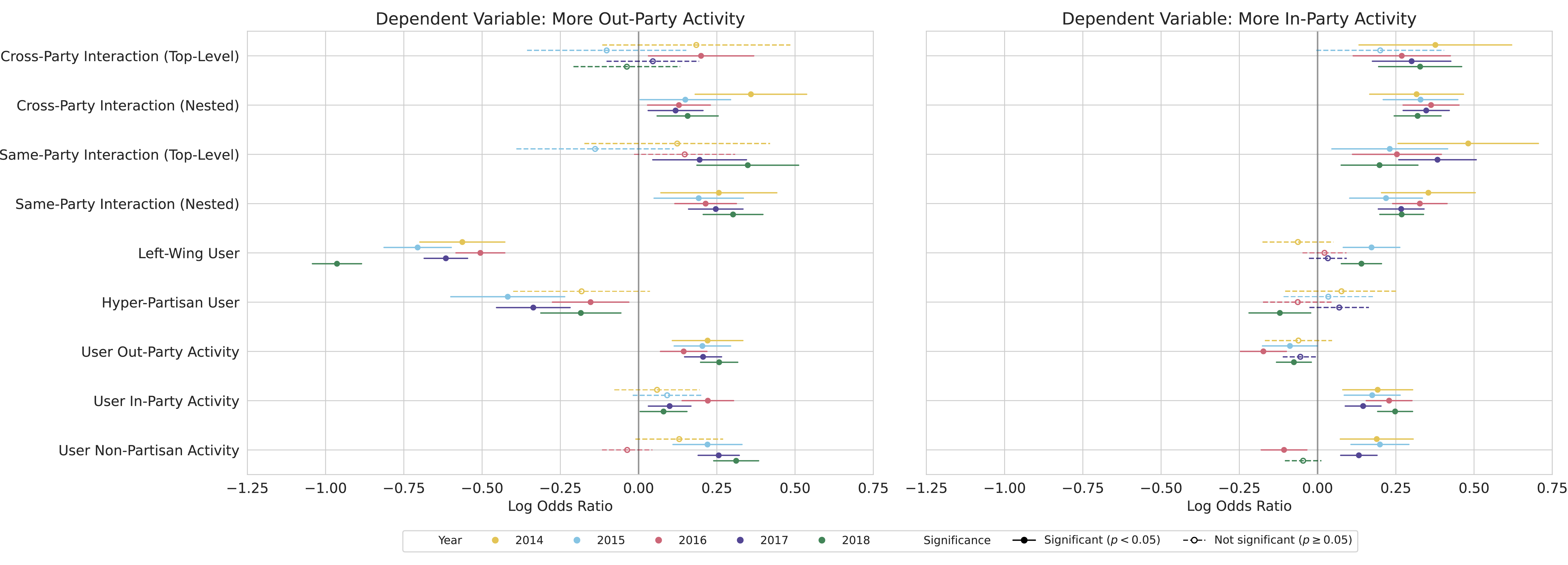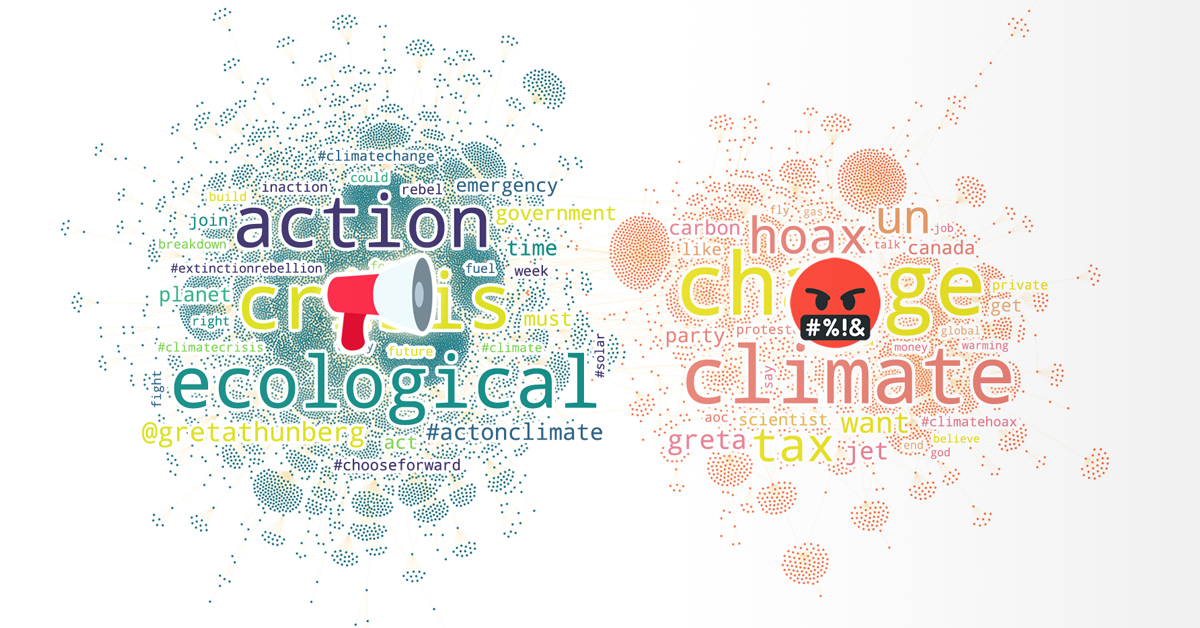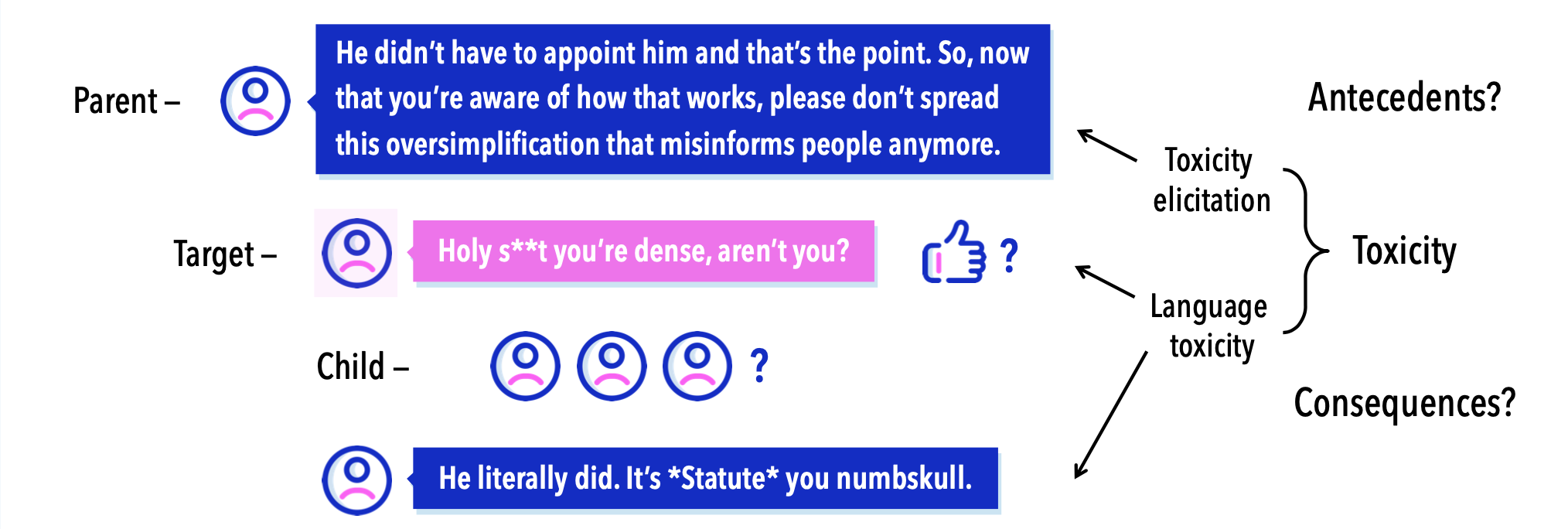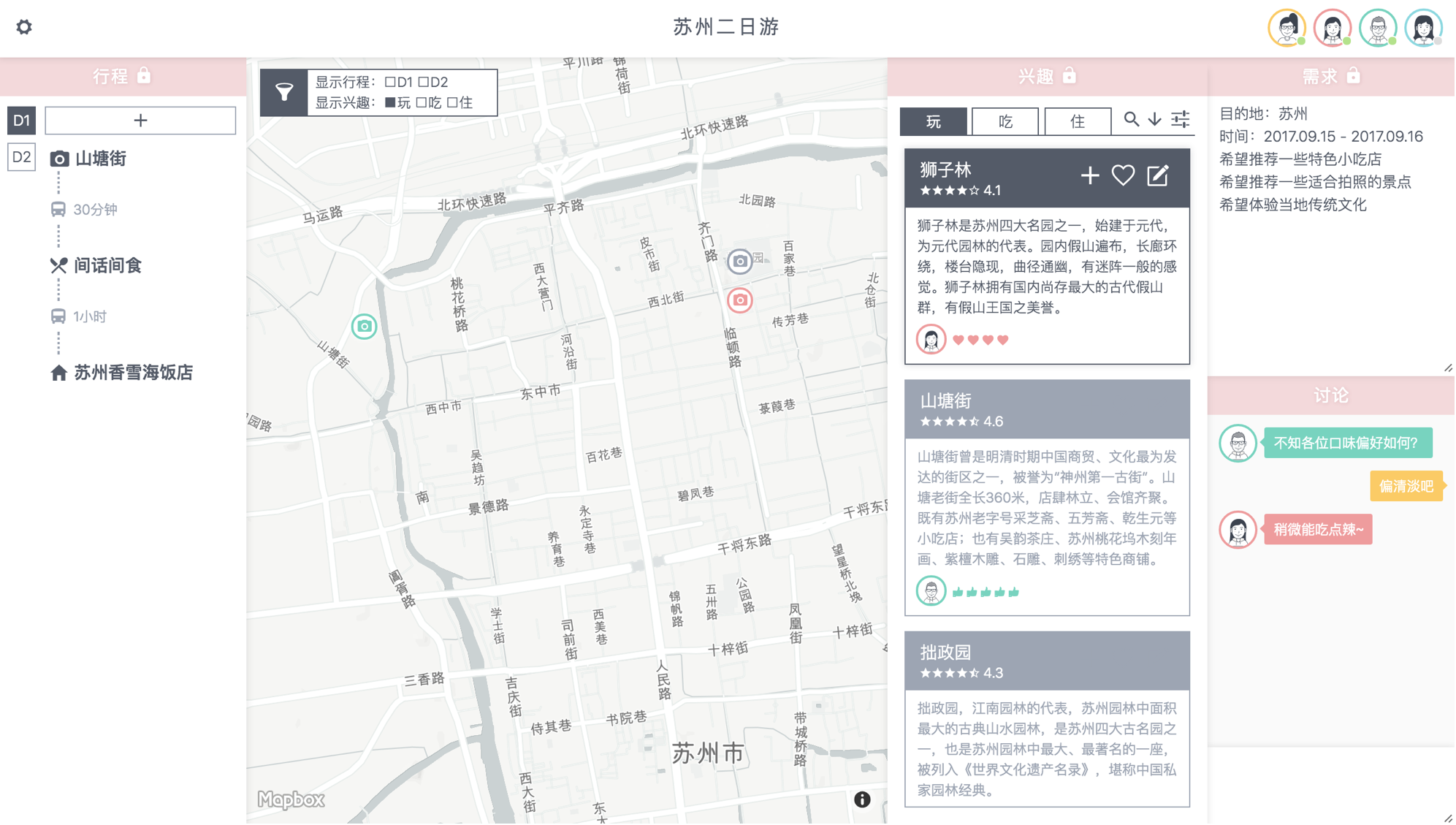Integrated or Segregated? User Behavior Change after Cross-Party Interactions on Reddit
Data analysis, Aalto University & CENTAI, Jan 2023 - May 2024

Publications
Xia, Yan, Corrado Monti, Barbara Keller, and Mikko Kivelä. "Integrated or Segregated? User Behavior Change After Cross-Party Interactions on Reddit." In Proceedings of the International AAAI Conference on Web and Social Media, vol. 19, pp. 2044-2061. 2025.
Highlights
- RQ: On real social media, do cross-party interactions actually bring polarized users together?
- Data: Subreddit activity logs of users before and after a cross-party interaction in r/news.
- Method: Fitting regression models to find out how users change their community engagement (i.e., if they increase out-party subreddit activity, or in-party subreddit activity) after receiving a cross-party reply in the U.S. politics discussion on Reddit.
- Findings:
- Receiving a cross-party reply to a comment in a non-partisan discussion space is not significantly associated with increased out-party subreddit activity, unless the comment itself is already a reply to another comment;
- Receiving a cross-party reply is significantly associated with increased in-party subreddit activity, but the effect is comparable to that of receiving a same-party reply.
- Implications:
- A highly conditional depolarization effect in spurring out-party community engagement, which is likely part of a more general social reinforcement dynamic;
- No strong evidence of a backfire effect indicated by either a more negative effect of a cross-party interaction in predicting increased out-party activity, or a more positive effect of a cross-party interaction in predicting increased in-party activity, compared with that of a same-party interaction.
Did the Russian Invasion of Ukraine Depolarize Political Discussions on Finnish Social Media?
Data analysis, Aalto University, Mar 2022 - Aug 2023

Publications
- Xia, Yan, Antti Gronow, Arttu Malkamäki, Tuomas Ylä-Anttila, Barbara Keller, and Mikko Kivelä. (2024). The Russian invasion of Ukraine selectively depolarized the Finnish NATO discussion on Twitter. EPJ Data Science, 13(1), 1.
- Gronow, Antti, Yan Xia, Arttu Malkamäki, Tuomas Ylä-Anttila, and Mikko Kivelä. Do external threats decrease political polarization? Climate change and immigration discussions on Finnish Twitter after the Russian invasion of Ukraine. Computers in Human Behavior (2025): 108775.
Highlights
Paper 1:
- We investigated how the Russian invasion of Ukraine in Feb 2022 depolarized the NATO discussion on Finnish Twitter.
- By analyzing retweet networks, we found three separate user groups before the invasion: a pro-NATO, a left-wing anti-NATO, and a conspiracy-charged anti-NATO group.
- We found that after the invasion, the left-wing anti-NATO group members connected with the pro-NATO group despite their difference in partisanship, while the conspiracy-charged anti-NATO group mostly remained a separate cluster.
- Our results show that consipiracy-/disinformation-based polarization can be even more entrenched than partisan polarization.
Paper 2:
- We investigated how the invasion depolarized immigration and climate change discussions on Finnish Twitter.
- We found that for both topics, the invasion induced more fluctuation in the level of polarization in weekly retweet networks.
- By reading a sample of tweets, we found that for both topics, the pro group and the anti group found common ground, but they also interpreted it based on motivated reasoning.
Inferring Multilayer Diffusion Networks in Online Social Media
Method development, Aalto University, Dec 2020 - Jan 2022

Publications
Xia, Yan, Ted Hsuan Yun Chen, and Mikko Kivelä. (2022). Limits of Multilayer Diffusion Network Inference in Social Media Research. Proceedings of the International AAAI Conference on Web and Social Media, 16(1), 1145-1156.
Highlights
- We developed an implementation of the multilayer diffusion network inference framework using GPU computing, which outperforms previous implementations in accuracy within comparable runtime.
- We systematically analyzed the performance of the multilayer diffusion network inference framework under varied network structure and information diffusion settings that are designed to mimic real-world spreading on social media.
- Our results show extreme performance variation of the inference framework: notably, it fails to decompose the diffusion network correctly when most cascades in the data reach a limited audience, or when the ground-truth diffusion network is sparse.
- Our work highlights the need to carefully evaluate the applicability of the inference before running it on real data: our results serve as a reference for this evaluation, and our publicly available implementation supports further testing under personalized settings.
Spread of Tweets in Climate Discussions
Data analysis, Aalto University, Feb 2020 - Sept 2020

Publications
Xia, Yan, Ted Hsuan Yun Chen, and Mikko Kivelä. (2021). Spread of tweets in climate discussions: A case study of the 2019 Nobel Peace Prize announcement. Nordic Journal of Media Studies, 3(1), 96-117.
Highlights
- We looked at what types of tweets go viral among climate activists/skeptics during the 2019 Nobel Peace Prize announcement.
- We identified a climate activist group and a climate skeptic group by applying a graph clustering algorithm on the retweet network.
- We prepared our dataset by manually labelling the themes of ~400 popular tweets, and inferring the virality of each tweet by fitting a cascade model to its spreading traces. Then, we used a lasso model to identify the relationship between tweet theme and tweet virality.
- We found the discussion of climate movement to be the most viral theme among the climate activists, and the use of uncivil language to be the most viral theme among the climate skeptics.
- While these two themes clearly reflect different types of bonds that tie each community together, they both function to enhance ingroup connections and repulse outgroup engagement. This reveals the potential for within-group viral spreading and out-group information exposure to exacerbate polarization on climate Twitter.
Antecedents and Consequences of Toxicity in Online Discussions
Data analysis, Fudan University, Sept 2017 - Apr 2019

Publications
Highlights
- We looked at the antecedents and consequences of toxicity on Reddit using regression analysis, with the language toxicity of each comment quantified using the Perspective API.
- We inspected two dimensions of toxicity: language toxicity, i.e. how toxic the text itself is; and toxicity elicitation, i.e. how much toxicity it elicits in its response.
- We found that both author propensity and toxicity in discussion context are strong positive antecedents of language toxicity. Meanwhile, language toxicity significantly increases the volume and user evaluation of the discussion in some sub-communities, while toxicity elicitation shows mixed effects.
- We discussed the types of toxicity-eliciting comments and the complexity of toxicity with concrete examples.
Trip Planning with the Crowd
HCI design, Fudan University, Jul 2016 - May 2017

Introduction
Highlights
We designed a crowdsourced collaborative trip planning system following an HCI system design procedure:
- User study (interview, questionnaire): Explored what people need and lack in the current trip planning process.
- System design (feature, conceptual model, usage scenario, interface): Designed a crowdsourced collaborative trip planning system based on people's needs.
- Prototyping (web programming): Set up a partially functioning website for user testing.
- User testing (observation, interview): Collected user feedback on the prototype for future improvement.